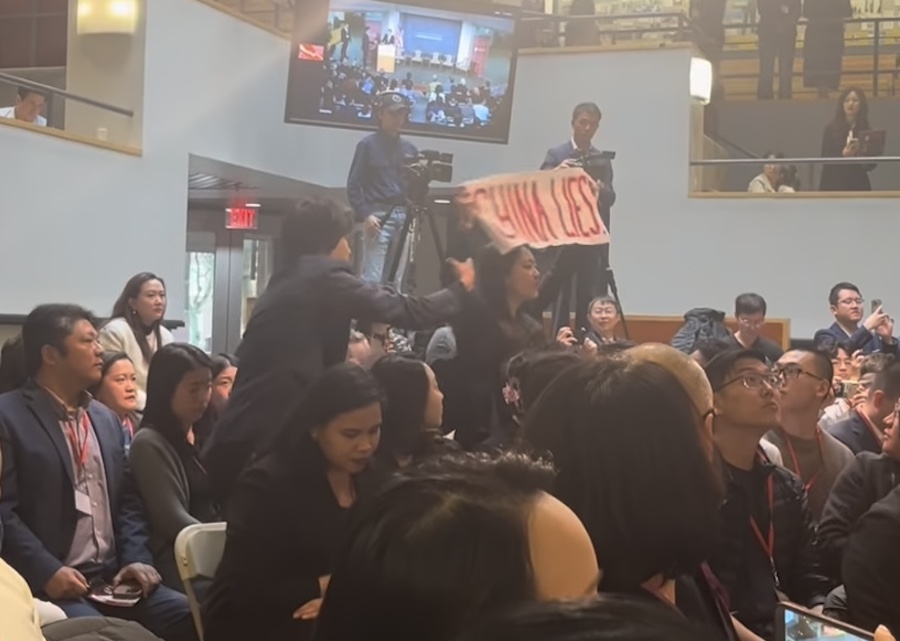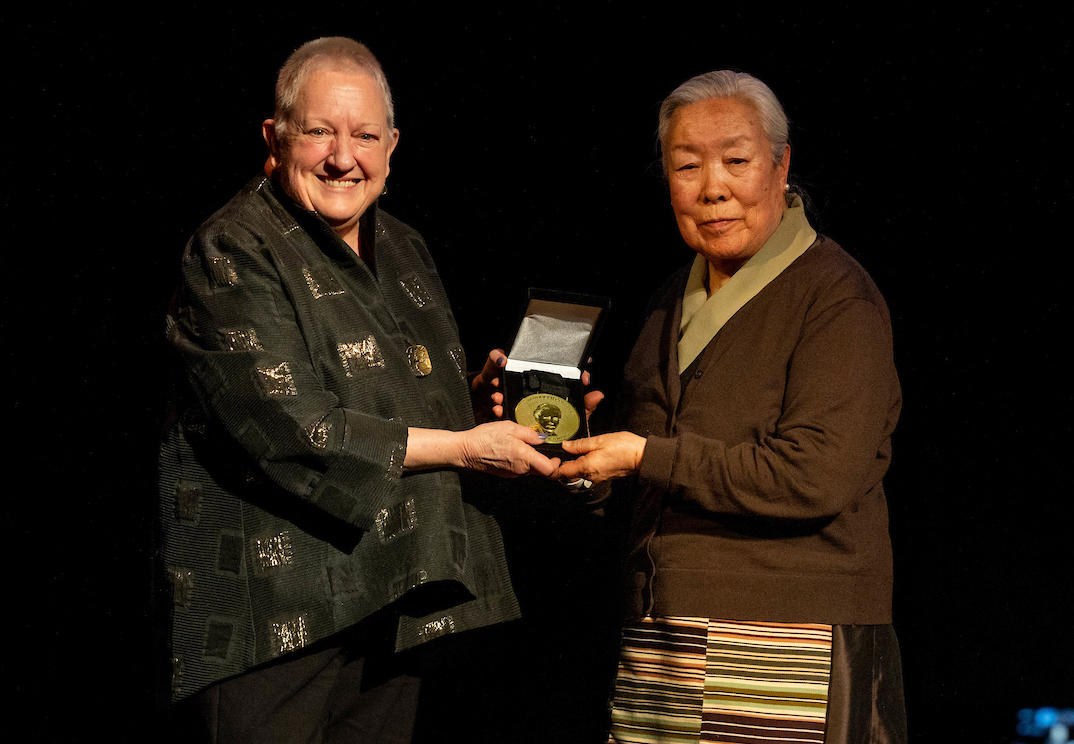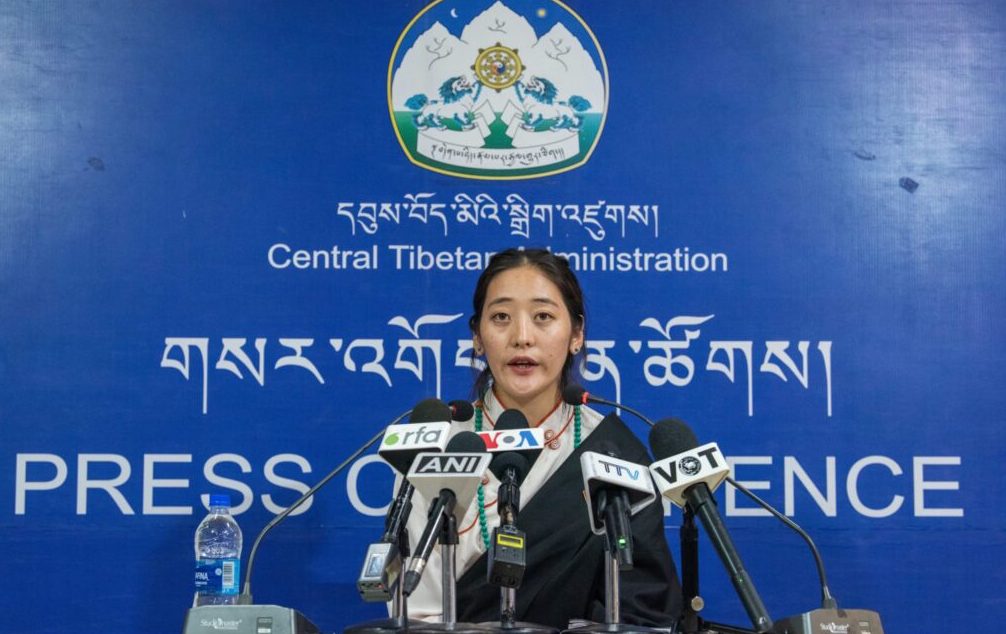F W DE KLERK Former president of South Africa, co-recipient with Nelson Mandela of the Nobel peace prize in 1993.
“Right from the beginning I took the view that the international community needs to take strong action against the Saddam Husseins of this world – against those who abuse human rights, against those who are megalomaniacs, against those who threaten world peace through the accumulation or efforts to accumulate weapons of mass destruction. I am for strong action. However, I am convinced that military steps should be the last resort.
“The right route would have been to build a much firmer and wider international consensus, within the framework of international law, and within the framework of using the international institutions – in this case the United Nations – which we have created in this world to handle difficult situations like this. The almost unilateral aspect of this war carries grave risks with it.
“There’s a grave risk that unless pre-emptive steps are taken; unless special programmes are adopted; unless very strong diplomacy is implemented to prevent it, there is a grave risk that the position of terrorism might be strengthened by this, and that they will use it as arguments with which to incite further emotionalism and hatred, and use anti-Americanism as a basis for justification of what can never be justified – namely terrorism.”
OSCAR ARIAS SANCHEZ Received Nobel peace prize in 1987 for devising peace plan for central America.
“Many of us had hoped that the 21st century would be significantly different from the previous one. I had dreamed [it] could be the century of multilateralism … of working together and resolving conflicts through negotiation. But … we are off to a very bad start.
“What shouldn’t happen at the start of the 21st century is that if a government fails at diplomacy, it goes to war unilaterally. But unfortunately that is just what has happened. We are now confronted with an entirely new doctrine, the doctrine of pre-emptive wars, which is always illegal. It seems to me that the US government has overstepped its bounds and squandered whatever goodwill and solidarity it received from the international community in the aftermath of the 11 September attacks. If the United States continues to subscribe to the notion that might is right, rather than right is might, it could easily transform itself from the hero of the 20th century to the villain of the 21st.”
DALAI LAMA Tibetan Buddhist spiritual leader, awarded Nobel peace prize in 1989.
“I do not think that the violent method is the appropriate method for the solution of problems. The proper conflict resolution is dialogue. You need more determination. You need more patience.
“It may take a longer time, but that way is the real method; a solution through talk, through dialogue, with reconciliation – actually to change the other’s mind, the other’s emotions. That solution is the lasting solution.
“Why has man suppressed the other side? But again, in the Second World War, I think at least it saved the Western values of democracy and freedom. And then the Korean War – also I think it had some positive [aspects] – it saved South Korea, not only [in terms of] freedom but also prosperity. But then the Vietnam War – disaster, nothing; just destruction – nothing gained from that. And Afghanistan – perhaps there is something positive as a result. But now the Iraq war: too early to say. So I don’t know.”
BERNARD LOWN A Harvard University professor, co-recipient of the Nobel peace prize in 1985 for founding the International Physicians for the Prevention of Nuclear War.
“In a way, we are receding to a jungle where might is right – and at the same time there is much talk in this country of projecting American democratic values.
“How do you project American democratic values by bombing cities and villages? So I’m disheartened, dismayed – and yet I am optimistic. Globalism is not to be stopped. The internet provides a means of communication to mobilise public opinion that bypasses embedded journalism – that is, journalism that reflects the Establishment view and doesn’t dare to question or educate the public on the realities beyond the headlines.
“On 15 February, between 10 and 15 million people, all over the world, marched in opposition to the war in Iraq. This is unprecedented. And furthermore, the United States, that had an image of a free country empowering the individual and being fair-minded and concerned with the underdog – this country has changed. And the world for the first time understands that.
“Many things in history accumulate, like boiling water. You boil it and boil it, and nothing happens – and suddenly steam pours forth.
“I believe we’re coming to a steaming phase. And when that happens, things will transpire much more rapidly. But when it will happen, how it will happen, I do not know. But I do know that we must be engaged to make it happen. For if we are not, we are delinquent morally, delinquent as human beings.”
JOSEPH ROTBLAT Physicist, Nobel peace laureate, 1995.
“The overturning of a bad regime is not a legal reason for starting war. The present charter of the United Nations recognises the sovereignty of the individual state. And therefore whatever a state does within a state, if it murders its own people, legally other nations cannot start [a war]. We have got a charter, which has got many weak points, but nevertheless it’s the best thing we have to look after world security. Otherwise, there would be anarchy.
“I have to remind people that this idea about overthrowing Saddam Hussein was not an outcome as a result of the 11 September attack on the United States. It was planned 12 or more years before. It is an expression of the aggression of the policy being pursued by certain groups in the United States, namely the neo-conservatives. For a number of years, they say the United States should impose its will on the other countries. The United States no doubt is the strongest country in the world, militarily certainly, more than all the other nations combined. But the fall-out of this policy is that they want to impose their views on other nations.
“Should it be found that Iraq did have nuclear weapons, then the stand by America and Britain would be found to be valid. On the other hand, if no weapons are used, and if no useable chemical and biological weapons are found at all, then I think the arguments used by these leaders, and particularly by our Prime Minister in the House of Commons justifying this war, would prove to be false. Even though the war has been won, he should still resign.”
LECH WALESA Former president of Poland and recipient of Nobel peace prize in 1983.
“Iraq is dangerous and has been dangerous, but in my opinion international solidarity should have been enough to avoid the war.
“In the future, it should be the task of the United Nations (UN) to take action; it has the resources to act effectively and only the UN should have a mandate to use force.
“We should praise the United States [for stopping] these madmen in Saddam’s regime. But we should also reprimand the US [for going to war] without UN backing and [for not helping] to reorganise the UN.
“I hope that the world is observing what is going on and will quickly reorganise the UN in such a way that it will be effective in various situations: terrorism, anti-Semitism, racism, ethnic cleansing and boundary conflicts.
“After deposing the Iraqi regime the Arab League and the UN should play a key role in post-war Iraq. And the UN has the right to administer Iraq in the name of the world.
“In this day and age there are possibilities of creating incredible things.
“Of course, it is not easy to create things in a desert. Iraq has oil and the rest of the world needs oil, so there would be a lot of money and the reconstruction could happen quickly if the people worked together in the spirit of solidarity.”
ADOLFO PEREZ ESQUIVEL Nobel peace prize laureate in 1980 for human rights work in Latin America.
“I am against all wars, but this one in particular. For eight years, the United States armed and helped Iraq fight a US enemy, Iran. And now that things have changed, they have demonised Saddam Hussein.
“The main victims of this war are the United Nations and international law. The US has completely marginalised the UN, they have ignored international law: pacts, international conventions and protocols. And they are systematically violating human rights. As I have pointed out in a letter to the UN secretary general, the leaders of the United States, Britain, Spain and Australia should be considered guilty of crimes against humanity. This is very grave. By not recognising international law or the United Nations, they have launched a precedent for pre-emptive war by which any country that opposes them may be subject to what is happening in Iraq.
“If the UN can’t function, if the US won’t recognise the international criminal court, then what is the state of law for humanity? What is the future of a just society in humanity when we are faced with such global totalitarianism?”
These interviews were conducted as part of a special series for ‘The World Today’ on BBC World Service









